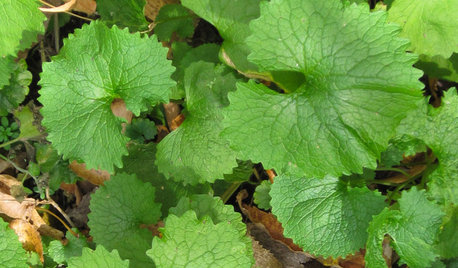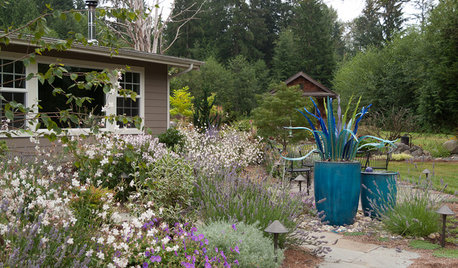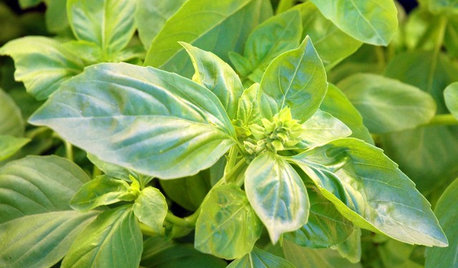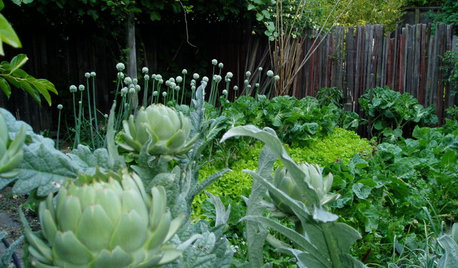Is Castor Oil completely safe to use in the garden?
rdback
14 years ago
Featured Answer
Sort by:Oldest
Comments (20)
anney
14 years agoengk916
14 years agoRelated Professionals
Canton Landscape Architects & Landscape Designers · Alexandria Landscape Contractors · Camp Verde Landscape Contractors · Davis Landscape Contractors · Desert Hot Springs Landscape Contractors · Euclid Landscape Contractors · Fairhope Landscape Contractors · Lakeville Landscape Contractors · Mastic Beach Landscape Contractors · Oak Forest Landscape Contractors · Old Saybrook Landscape Contractors · Oviedo Landscape Contractors · Tinton Falls Landscape Contractors · Wickliffe Landscape Contractors · Camp Springs Landscape ContractorsDrHorticulture_
14 years agospaghetina
14 years agordback
14 years agowally_1936
14 years agojerseygardengirl
14 years agojimster
14 years agolaceyvail 6A, WV
14 years agojimster
14 years agoMatt Nania
8 years agolast modified: 8 years agoSloan Quinn 8b
7 years agojeanwedding. zone 6
7 years agoSloan Quinn 8b
7 years agoHolly K
6 years agofacilas123
6 years agobenagin
6 years agoRon Bunch
5 years agomjmuze2
2 months ago
Related Stories

MONTHLY HOME CHECKLISTSYour Winter Home Maintenance Checklist
Keep your home and yard safe and running smoothly as temperatures drop and activity moves indoors
Full Story
MOST POPULARHow to Start a Cool-Season Vegetable Garden
Late summer and late winter are good times to plan and plant cool-season crops like salad greens, spinach, beets, carrots and peas
Full Story
EDIBLE GARDENSHow to Grow Your Own Sweet Summer Crops
This guide will help any gardener get started on growing the freshest warm-season veggies and berries for summer
Full Story
GARDENING FOR BUTTERFLIES3 Ways Native Plants Make Gardening So Much Better
You probably know about the lower maintenance. But native plants' other benefits go far beyond a little less watering and weeding
Full Story
GARDENING GUIDESDo You Have This Invasive Plant in Your Yard?
Garlic mustard is spreading across the U.S. Here’s how to spot it and what to do
Full Story
GARDENING GUIDES5 Easy Plants for a Romantic Entry Garden
Abundant flowers, a heady fragrance and striking foliage combine for a romantic front-yard garden that's deceptively low maintenance
Full Story
PETSPet-Proofing Your Home: A Room-by-Room Guide
Not all pet dangers are obvious. Keep furry friends safe and sound by handling all of these potential hazards
Full Story
SUMMER GARDENINGHow to Grow Basil
Bright color, quick growth and endless uses for cooking make this summer annual a winner in the garden or a pot
Full Story
FRONT YARD IDEAS10 Ideas for a Front-Yard Edible Garden Your Neighbors Will Love
Choosing attractive, well-mannered plants and sharing the bounty will go a long way toward keeping the peace
Full Story
FARM YOUR YARDHow to Grow Vegetables in Containers
Get glorious vegetables and fruits on your patio with a pro’s guidance — including his personal recipe for potting mix
Full StoryMore Discussions






Katrina Prokopis-Hogan